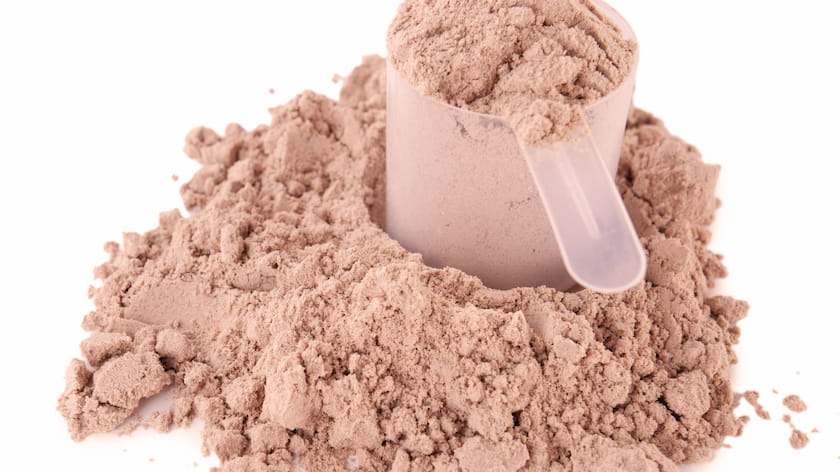Are there any subjects in the world of health and fitness that aren’t considered ‘hot topics’ anymore?
Protein is one of the most heavily discussed and disputed topics in the industry’s history. And, for the most part, it’s because people still rely on the Government Standards and Bro Science for all their nutritional needs.
So, in essence, the two worst resources for information known to man.
Everyone has their own ‘myths’ about protein that they have heard, which we’ll go into in a second. But the fact of the matter is that few of them are true.
But, we don’t expect you to just take our word for it. We’re going to let you see what science actually says about protein, and what you should (or shouldn’t) believe.
3 Myths About Protein
1. There’s a defined limit to the protein you can digest
The most common myth about protein is this one right here. You’ve probably been told your body can only absorb a certain amount of protein at any given time.
Which is about as true as saying The Hunger Games is a documentary on Indo-Chinese culture in the 1700s (It’s not).
Even studies like this, from as early as 1971, show that there is no barrier to the amount of protein absorbed. Your body absorbs all the amino acids it needs to function effectively.
Not to mention that, as Dr. Layne Norton points out, that ‘You’d have diarrhea like clockwork from all the undigested material in your gut.’
Our advice? Just keep eating food, with an emphasis on a high protein diet.
2. You should take a protein shake before bed
Ever heard this myth? It’s pretty common in the world of ‘hard-gainers’ and those looking to increase their size and strength. But, doing this could actually have the opposite effect on your body than you intended.
The thought process is simple, right? Your body repairs itself while you’re asleep, so give it the best possible protein sources to aid it.
But this study from Japan goes to show that high protein intake has a negative impact on the overall quality of sleep and maintaining that sleep. Which is also common with low carbohydrate intakes.
The answer then, as is becoming the norm with the more ‘unconventional’ nutritionists and trainers is this: maintain high protein through the day, and eat high carb at night.
The quality of your sleep and the ability to maintain a deep sleep will do more for your recovery and your goals than any protein shake before bed could ever do.
Lose the shake, eat something high in carbs.
3. Protein powder is better than food
Say what?
This is usually a myth spouted by gym ‘know it alls.’ Or, worse, a juiced-to-the-gills bodybuilder suggesting all of his gains come from ‘Shakes and Vitamins’.
I’m sure we don’t even need science to back up this statement: food is better than powder.
There is no substitute for a well rounded, multiple source diet. And, to back up this point even further, here’s a study to back it up.
Although protein shakes aren’t bad (especially our whey protein with no artificial colors or fillers), and they’re a great supplement to your diet, it’s still a good idea to eat real food as often as possible.
The Conclusion
Don’t believe everything you read, see, or hear about protein. In fact, don’t believe everything you read, see, or hear about anything. Ever.
Do your own research and find information from reputable sources on what you’re looking to learn. And if ‘Big Dave’ from the weights room says that it’s true, it’s probably worth checking it out just to be sure.
Now go; go and use your new found protein knowledge to master your diet, improve your sleep, and eat good foods!




Leave a comment
All comments are moderated before being published.
This site is protected by hCaptcha and the hCaptcha Privacy Policy and Terms of Service apply.